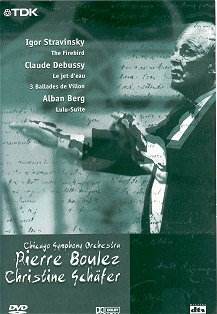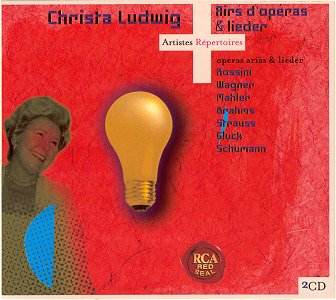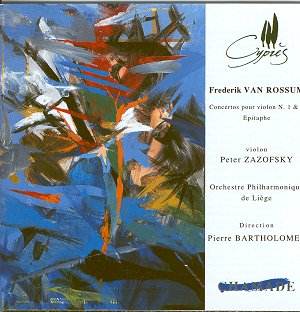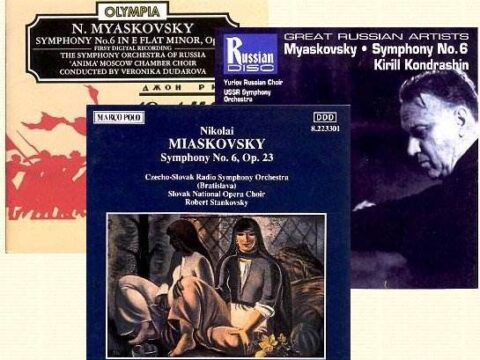 Composer: MusikTriennale
Composer: MusikTriennale
Works: Berg: Lulu Suite (excerpts), Debussy: Le jet d’eau, Trois ballades de François Villon, Stravinsky: The Firebird (complete)
Performers: Christine Schäfer (soprano), Chicago Symphony Orchestra, conducted by Pierre Boulez
Recording: Filmed in April 2000, Philharmonie, Köln
Label: SONY
The MusikTriennale production featuring Pierre Boulez and the Chicago Symphony Orchestra offers a rich tableau of twentieth-century repertoire, highlighted by the excerpts from Berg’s Lulu Suite, Debussy’s evocative songs, and Stravinsky’s The Firebird. Boulez, a master of modern orchestral color and nuance, navigates these complex works with his characteristic precision and insight, although the presentation faces certain inconsistencies that detract from the overall experience.
The performance begins with Berg’s Lulu Suite, albeit in a fragmented form, as only four of the five movements are presented. This omission of the “Rondo,” the suite’s most substantial section, leaves a palpable void in the narrative coherence of the music. Boulez’s past recordings of the complete suite underscore this shortcoming, as he had previously demonstrated a profound understanding of Berg’s intricate textures and emotional depth. The sections performed, particularly the “Variations,” benefit from Boulez’s articulate conducting, showcasing the orchestra’s ability to bring out the rich harmonies and complex rhythms inherent in Berg’s style. Christine Schäfer, whose interpretation of Lulu has become iconic, lends her voice to these excerpts with both power and sensitivity, yet the close miking results in an uncomfortably artificial balance that diminishes the orchestral backdrop.
Transitioning to Debussy, the performance of Le jet d’eau and the Trois ballades de François Villon reveals the composer’s penchant for fluidity and atmospheric depth. Schäfer’s phrasing in the former is particularly radiant, capturing the elusive essence of Debussy’s language. The orchestral accompaniment, while tender under Boulez’s baton, occasionally risks being overshadowed by the vocal line, a decision that may reflect the recording’s overall bass-heavy sound profile. It is perhaps the Villon settings that shine most brightly in this concert, as Schäfer’s polished delivery infuses these songs with a lyrical beauty, albeit with a hint of restraint.
As the concert progresses to Stravinsky’s The Firebird, the production finally hits its stride. Boulez’s interpretation emerges as a vivid narrative, characterized by a meticulous attention to detail and a robust understanding of the score’s orchestral palette. The conductor’s deft hand reveals the score’s rich color and dynamic contrasts, transforming the work into a captivating spectacle. While earlier sound issues seem to dissipate, the orchestra, particularly the woodwinds and brass, display remarkable clarity, with standout solos from CSO luminaries such as Adolph Herseth. Boulez’s dynamic control and acute interpretive choices resonate throughout, establishing a compelling atmosphere that draws the listener into Stravinsky’s enchanting world.
Despite the production’s occasional technical shortcomings, including the puzzling presence of applause and curtain calls that disrupt the flow of the performance, the overall musical experience proves rewarding. The inclusion of the interview segment featuring Barenboim and Boulez offers valuable insights into the conductor’s perspectives on twentieth-century music, enhancing the documentary aspect of the DVD. Boulez’s thoughts on the organic evolution of music resonate with those seeking to bridge the gap between historical and contemporary performance practices.
This recording encapsulates a significant moment in the interplay between tradition and innovation within the classical canon. The artistry displayed by Boulez and the Chicago Symphony Orchestra, particularly in The Firebird, invites audiences to revisit Stravinsky’s masterpiece with fresh ears, while the exploration of Berg and Debussy showcases the profound emotional landscapes of their respective works. The DVD stands as a testament to Boulez’s enduring legacy and the vital role of orchestral performance in bringing complex compositions to life.



